
As a teacher, I understand that children who do not do much in summer months in regards to learning, lose two months of taught skills. For example, if a student left my classroom on a reading level 4 at the end of the year but read nothing over summer break, they are most likely to test at a reading level 3 when they return to school. This can put children behind which is why we are excited to share with you 7 simple ways to keep your child's summer learning.
As a parent, I understand that I am my child’s first and most important teacher. I appreciate my kids’ amazing teachers but at the end of the day, they are my children and their life success depends on the support my husband and I provide them. They will have dozens of teachers throughout their education career but as parents, we are their constant and it’s important that we support them.
Let me first say that I need one of those shirts that say ‘World’s Okay-est Mom' because that is exactly what I am. I do not always have it together. There are days when I forget to ask about homework or I am too tired to cook dinner so we order pizza. That is absolutely okay. Knowing my own imperfections, I know that when it comes to summer learning, I must be purposeful with a plan to support my kids or it won’t happen.
First, we have a ginormous calendar in our kitchen hall which is a great way to help us keep organized. I think it is 3’x4’ because it’s no easy task keeping our family of five rolling. I call it controlled chaos, ha. Before school dismisses for summer vacation, I always found out when the library at school was open for summer hours and if the local library has scheduled events. I add all of those dates to the calendar. When my kids were younger, they loved going to special events at the library. Even though all three of my kids are dyslexic and have reading disabilities, they love to read so supporting that is important. So, I suggest checking out to see if you're local libraries have a summer reading program because this is a great opportunity and great place to start.
There are more fun activities where that came from. Summer is the perfect time to keep developing those math skills and reading skills. Good news, it doesn't have to be daunting! Teaching young children can truly be so much fun.
7 Tips to Keep Up With Summer Learning
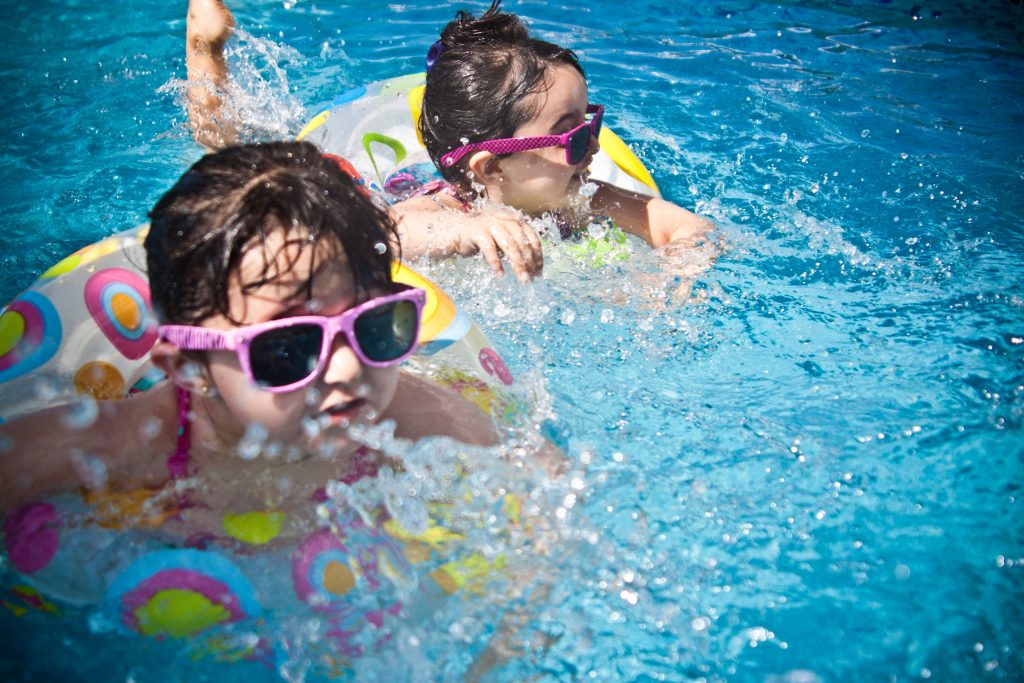
1. Check out local attractions
When my kids were younger, we had season passes to the zoo (and we still love to go to) and the Mayborn Museum in Waco. I would find out if they had special summer learning opportunities and add those dates to our calendar. Anything that got us out of the house was a win in my book! Regular physical activities lead to increased concentration so it's a good idea to keep those kids moving. Check out your public library events
2. Camps and summer programs
A camp and summer program are also wonderful ways to keep my kids active. Our local college offers all kinds of classes and free summer activities for kids. Luckily our local school also provided fun opportunities for kids to learn about robotics, computers, etc. so definitely ask your school if they provide additional support over the summer. Each summer my kids also went to church camp. This summer we are doing a local mission trip in Austin, TX and we are super excited about that. Each morning we will get our assignment for the day which could include feeding homeless, teaching VBS, or even painting a house. Austin is about an hour and a half from where we live so it's not a long haul but we are excited to spend a week there to serve others.
If summer camps are not an option for whatever reason, there are even more everyday activities to help younger children develop old a new skills.
3. Road trips
Road trips are a fun way to add summer learning experiences to your summer. There is truly no better learning than real world experience. Visiting various places helps children understand the world around them. Make sure to have discussions about things you see and places you go. Those conversations are where most of the learning takes place. I loved the questions my kids would ask. They were often farfetched but they lead to an entertaining conversation. We also loved playing car games such as the Alphabet Game where we would look for letters in signs and license plates in alphabetical order. We would also play Hey Cow when the kids were younger. When driving in the country, we would yell out the window Hey Cow and count how many cows turned their heads to look at us. So silly but they loved it.
Road trips are the perfect opportunity to have fun with the whole family, and not only are younger kids learning, but you're getting in that beloved quality time. So, plan that family vacation! Even if it's just an hour trip to the beach or lake!
4. READ
I cannot express enough how important it is for children to read over the summer. If your child cannot read yet, then read to them.
Foster a love for books and reading at home. Let them see you read too—and that you enjoy it. Reading is not a punishment but instead a portal to a new world with amazing opportunities to learn. It's also a wonderful way to get one-on-one time with your little one(s) if you decide to read together. And don't shy away from things like graphic novels. Sure, some might not see the importance of a comic book, but it can engage their literacy skills like maybe it hasn't before!
5. Limit screen time
I am sure my kids have always thought that I am too strict. Even though my boys are both in high school, we have never allowed video games on school nights. This is challenging during the summer because they think it is free reign. I have noticed that when they play games too long, their attitude changes and I don’t like it. Before anyone can play video games in the summer, all chores must be done and they must have done something like read or go outside for a while. It’s sometimes like scraping slugs off the floor. Ha! This is where my kids would say, “Can you just be a mom and not a teacher mom?” Bwhahahaha! Um, the answer is no.
6. Keep a summer journal
Buy a cheap spiral, some fun pens, pencils and crayons and encourage your child to write a story a few times a week. They can write about their day, something they want to do or even a fiction text. I bet you have a kid that can write a great fairy tale or Lego story!
7. Find math in everything
You can always ask your child’s teacher for extra work or left over workbooks for the summer but really, there is so much math that you can do just by having conversations or even cooking. Let your kids count out the eggs, measure the water. Ask them questions that make them think. For example, “We have four chairs at our table and each chair has four legs. How many legs is that in all?”
Summer should be fun for your kids. But that doesn't mean the learning has to stop. You don’t have to do all of these summer learning suggestions, but I encourage you to do something. It really helps your child start the year off right when they can retain what they learned in school.
On the flip side, kids need to play and have fun during the summer. They have worked hard and are mentally ready for this break. Even though I try to add enrichment activities to my kids’ lives, I still make sure they have time to just be kids. Sleep late. Play hard. Have fun. These tips are to promote educational activities but I guarantee they will also lead to great memories and tons of summer fun. It's going to be a great summer!

You may also like

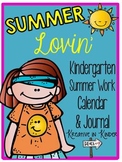
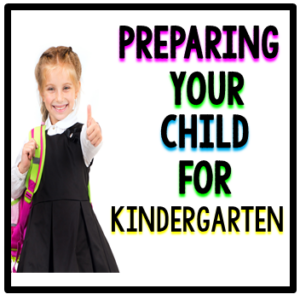




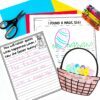
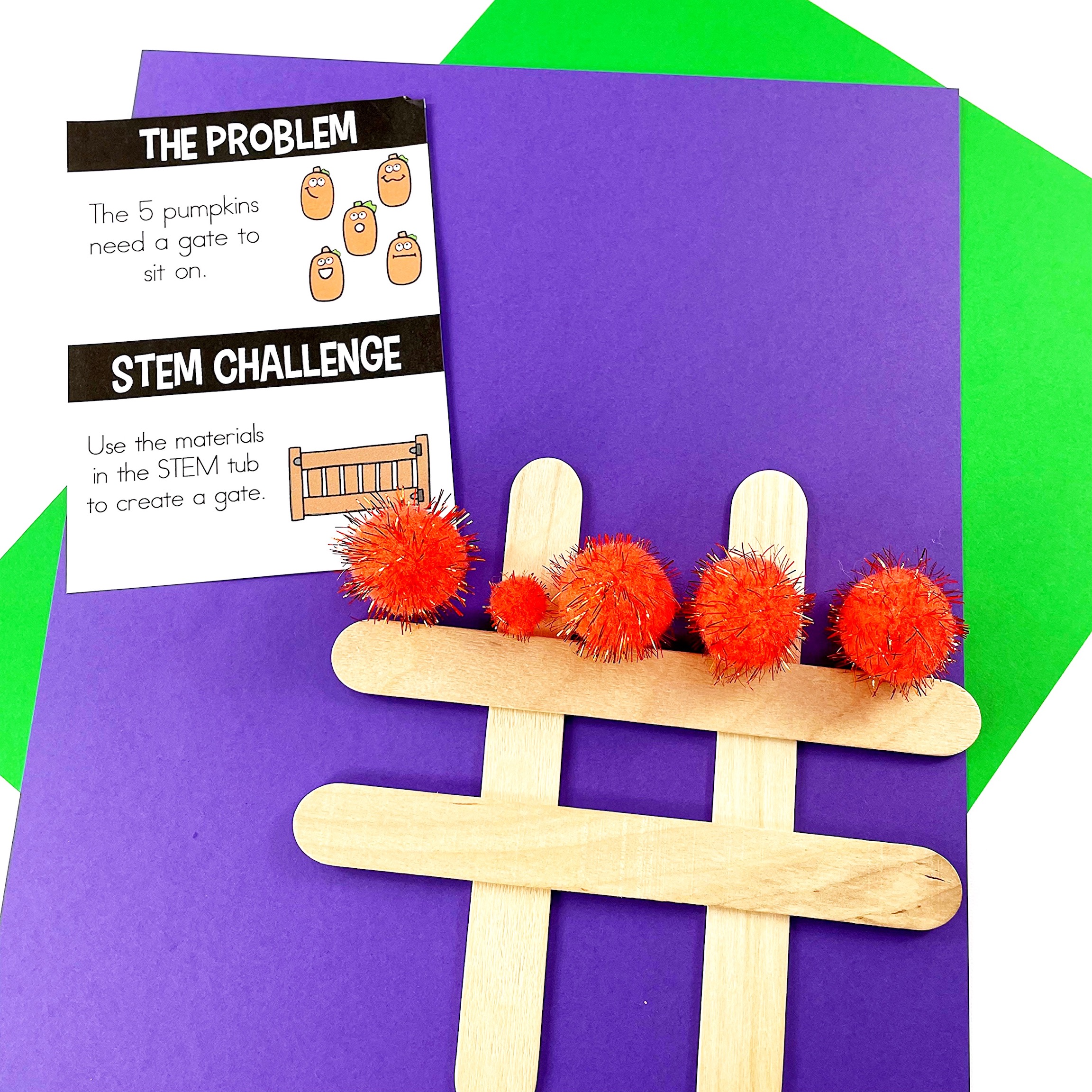

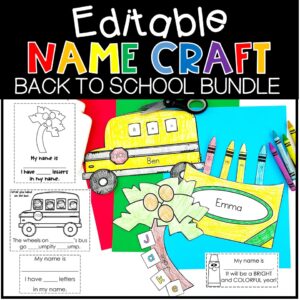
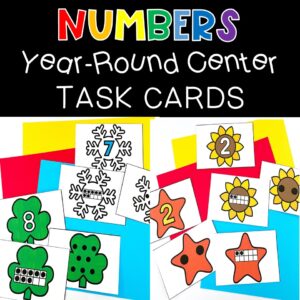

Leave a Reply